To strengthen Niger’s commitment to scale up sanitation efforts in the country, CLTS Foundation Global extended its institutional support to the government of Niger and other key stakeholders, in partnership with UNICEF. The CLTS Foundation Global team, led by Dr. Kamal Kar, facilitated a one-day institutional triggering workshop in the capital city of Niamey on September 1st, 2016. The workshop was presided over by the Minister of Hydraulique et de l’Assainissement (Water and Sanitation), Monsieur Barmou Salifou, and attended by key officials including the Secretary General and Director General from his Ministry. Additionally, the participants included senior officials from the ministries of Health, Education, Finance, Agriculture, and Community development and Planning. International development partners engaged in sanitation programming in the country were also present at the workshop.
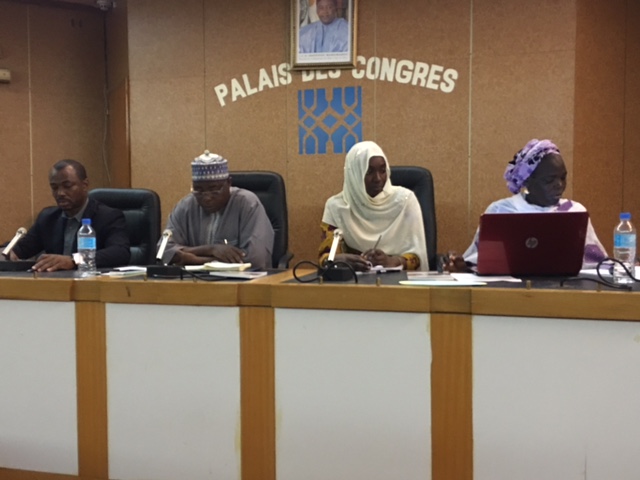
During the inaugural session, the Minister of Hydraulique et de l’Assainissement (Water and Sanitation), Monsieur Barmou Salifou, reiterated his government’s resolve to institutionalise CLTS in its national policy as a means of achieving scale in sanitation coverage. “CLTS will help us achieve both our sanitation and health goals as both of these issues are closely linked.” said Monsieur Salifou. While articulating his confidence in the power of the community to find solutions to their sanitation problems, the Minister said that making progress required a fundamental shift in the mindsets of institutional actors at all levels. He expressed his vision “to make Niger the Bangladesh of Africa”, and said that this required all sanitation actors to act in a coordinated manner and follow a uniform protocol and guidelines.
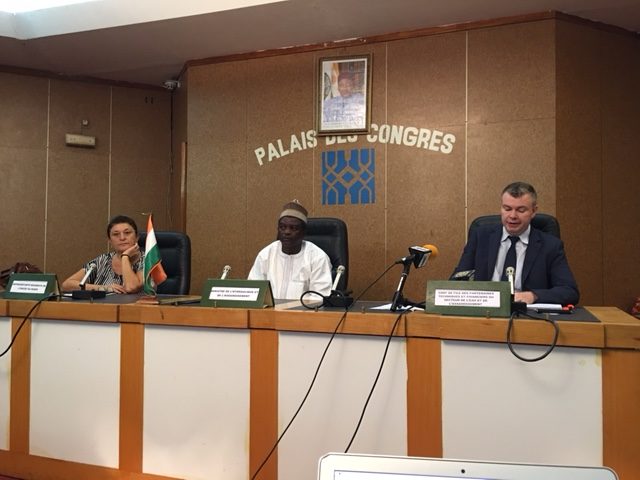
During the workshop, the senior officials from the different ministries deliberated upon the key areas in which changes needed to take place in order for Niger to fast track its sanitation progress and achieve open defecation free (ODF) status. The officials brainstormed in small groups and came up with recommendations which will be taken up for further discussions and detailing at a national meeting later this month.
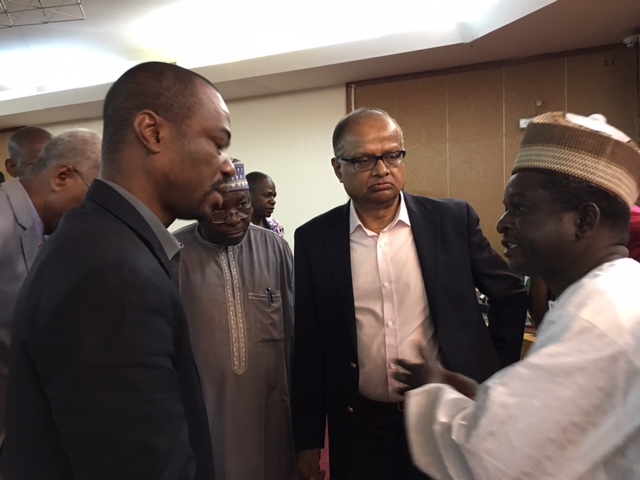
The institutional triggering workshop was followed by a 5-Day’s CLTS training of trainer’s workshop in Maradi region, from September 5th to 9th, 2016. Participants were drawn from all the 8 regions of the country and included senior officials from the Ministry of Water and Sanitation, Technical Services department of the region, UNICEF regional WASH teams and leading NGOs operating across the 8 regions of Niger. The key objective of the workshop was to strengthen human resource capacity to fast track CLTS across Niger and produce at least 1 or 2 ODF regions in the near future, in order to move the nation forward towards achieving access to sanitation. The importance of the workshop and the government’s commitment towards the cause of an ODF Niger was underlined by the participation of the Director of Cabinet, Government of Niger, Monsieur Abdou Maliki, and the Director-General of the Ministry of Water and Sanitation, Monsieur Ismaghil Bobaidji, throughout the 5 days’ training workshop.

During the training, 10 villages in Maradi region were triggered by the participants, resulting in more than 200 families digging pits within 48 hours of the triggering. At the end of the 2 day’s triggering on the field, approximately 737 families had made a pubic pledge to stop open defecation and make their villages ODF within 3 months. On the last day of the training workshop, members from the community presented their action plans to become ODF to the workshop participants. The community action plans were very impressive, including the use of local technology and the practice of hand washing to stop faecal-oral contamination. In one of the communities, the members had decided that they would not only become ODF, but would impose strict penalties on anyone who defecated outside in their village. Most of the communities invoked their religious beliefs as a motivation towards stopping open defecating, saying that it was against their religion Islam to be unclean when offering prayers, and open defecation thus came in the way of their religious practices. The Governor of Maradi, Monsieur Zakari Oumarou, in his speech during the closing of the workshop, shared the community’s enthusiasm and congratulated them on their resolve to stop open defecation. He stated his government’s commitment to put in all the necessary effort required to support every community in the region to make Maradi the first ODF region in the country.
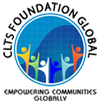
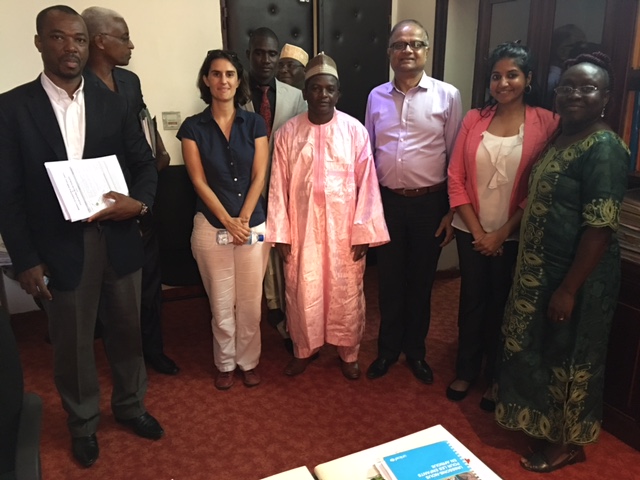
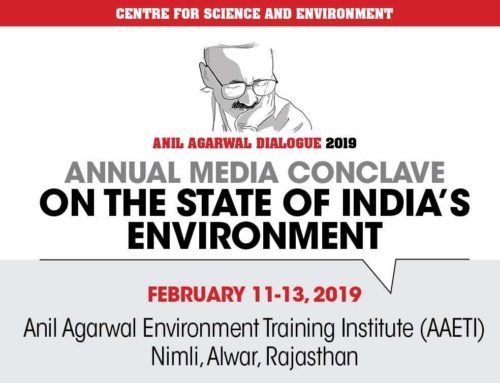
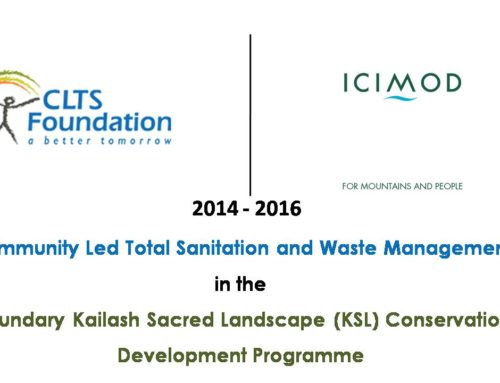
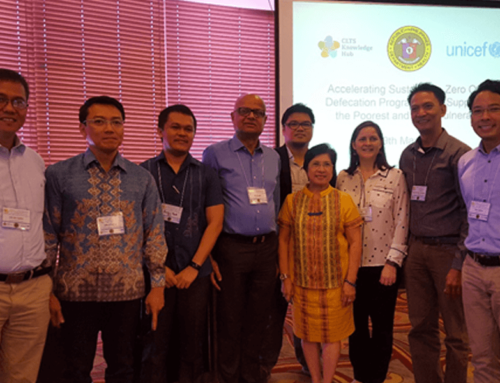
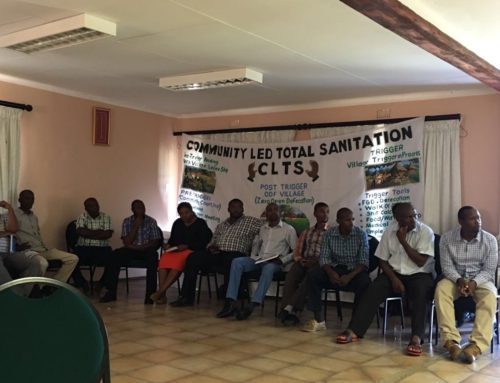
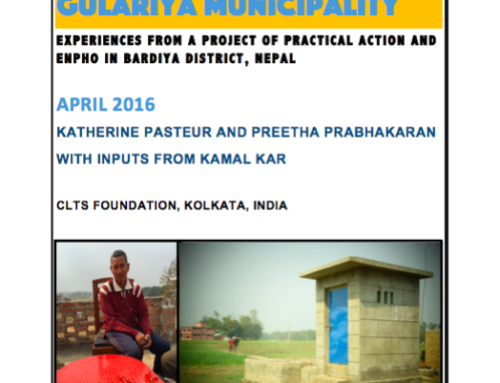
Leave A Comment